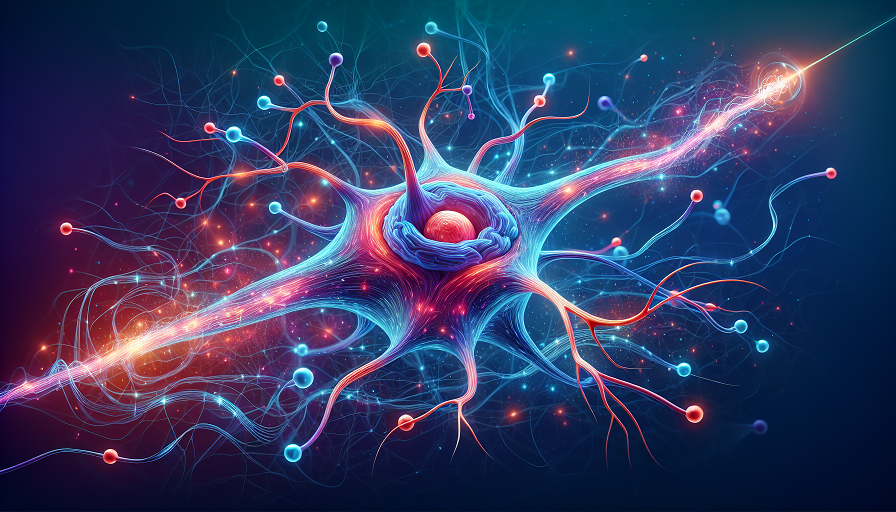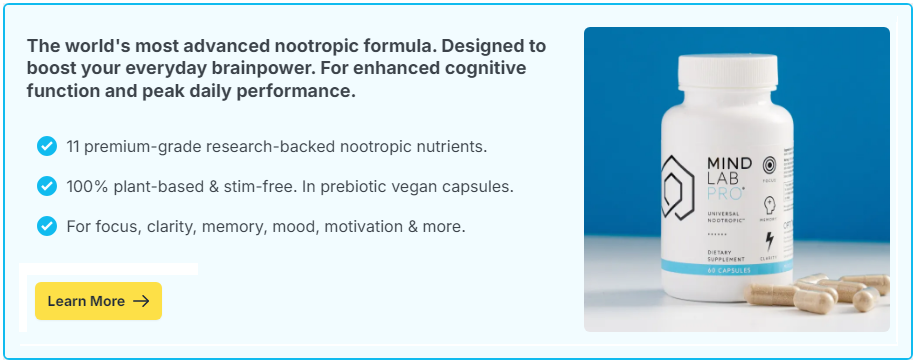
Have you ever walked into a room and forgotten why? Occasional forgetfulness is normal, but when memory lapses and mental fog become frequent, it could be an early sign of cognitive decline.
The good news? Catching these warning signs early gives you a better chance of slowing or even reversing cognitive decline. Here are 7 early warning signs to watch out for—and what you can do to keep your brain sharp.
Contents
- 1. Frequent Memory Lapses
- 2. Difficulty Finding the Right Words
- 3. Trouble Concentrating or Staying Focused
- 4. Increased Confusion or Poor Decision-Making
- 5. Changes in Mood or Personality
- 6. Struggling with Everyday Tasks
- 7. Difficulty Navigating Familiar Places
- How to Protect Your Brain and Slow Cognitive Decline
1. Frequent Memory Lapses
What it looks like: Forgetting names, appointments, or recent conversations more often than usual.
Why it matters: While occasional forgetfulness is normal, persistent memory lapses could indicate early cognitive decline.
What to do: Engage in memory-boosting activities like puzzles, learning new skills, or practicing spaced repetition (reviewing information at intervals to reinforce learning).
2. Difficulty Finding the Right Words
What it looks like: Struggling to recall common words in conversations or substituting incorrect words.
Why it matters: If this happens frequently, it could be a sign of reduced brain processing speed.
What to do: Read regularly, play word games, and engage in conversations to strengthen language skills.
3. Trouble Concentrating or Staying Focused
What it looks like: Losing track of conversations, struggling to follow storylines, or having difficulty completing familiar tasks.
Why it matters: Cognitive decline often affects attention span and mental processing.
What to do: Try mindfulness meditation, exercise, and reduce digital distractions to improve focus.
4. Increased Confusion or Poor Decision-Making
What it looks like: Taking longer to make decisions, struggling with planning, or forgetting important steps in tasks.
Why it matters: A decline in executive function can impact daily life, work performance, and safety.
What to do: Keep your brain active with problem-solving tasks like chess, Sudoku, or learning a new skill.
5. Changes in Mood or Personality
What it looks like: Unexplained irritability, anxiety, depression, or withdrawing from social activities.
Why it matters: Mood changes can be an early indicator of cognitive decline or underlying neurological issues.
What to do: Stay socially engaged, exercise regularly, and seek professional support if mood changes persist.
6. Struggling with Everyday Tasks
What it looks like: Forgetting how to use household appliances, struggling with finances, or missing steps in routines.
Why it matters: When familiar tasks become difficult, it may signal mild cognitive impairment (MCI).
What to do: Keep a structured daily routine, use reminders, and engage in activities that challenge your brain.
What it looks like: Getting lost in a well-known area or struggling to follow directions.
Why it matters: Spatial awareness problems can be an early sign of neurodegenerative diseases like Alzheimer’s.
What to do: Practice mindfulness, engage in activities that require navigation (like hiking or driving new routes), and consult a healthcare provider if the issue persists.
How to Protect Your Brain and Slow Cognitive Decline
If you recognize any of these signs, don’t panic—there are steps you can take to strengthen your brain:
- Exercise regularly: Physical activity increases blood flow to the brain and reduces dementia risk.
- Eat a brain-healthy diet: Focus on omega-3s, antioxidants, and anti-inflammatory foods.
- Get quality sleep: Aim for 7–9 hours of rest to support memory and cognition.
- Keep learning: Challenge your brain with new activities, reading, or puzzles.
- Stay social: Regular interaction with friends and family strengthens brain connections.
Interested in more brain health listicles? Go HERE

